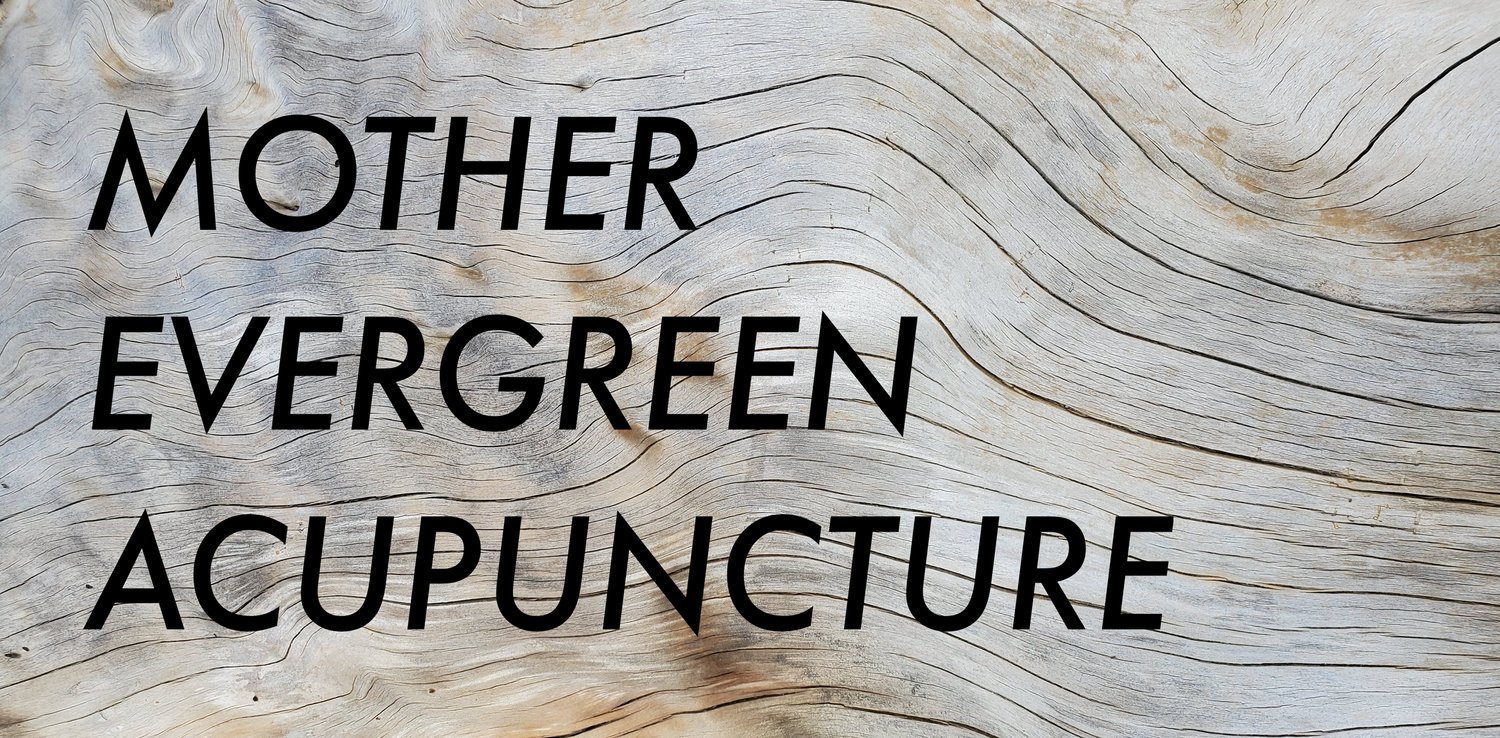Somatic trauma treatment with acupuncture
The size of the experience doesn’t determine its traumatic impact, rather the personal effect of the experience is what determines its impact. Our bodies are adapted to process harm and disruption of all kinds. Our ancestors engaged threats that looked like big wooly mammoths, and we engage threats that look like climate crisis or COVID-19. While those threats seem dissimilar, their effects on our bodies have remained unchanged for millennia.
The stress response kicks in when we are faced with something that threatens our safety in some way. Safety here may include physical, emotional, or social safety. Our nervous system interprets threat as
Something to fight (increase heart rate and breathing rate),
Something to run from (increase heart rate and breathing rate), or
Play dead (freeze and dissociate)
The nervous system kicks into one (or multiple) of these gears until the threat is evaded- the wooly mammoth is defeated or you successfully escape. Only after we are past the threat can our bodies return to a calm state, or “rest and digest”. However, in a context like modern urban life in the Pacific Northwest, the stress response is often triggered but less often resolved. Due to myriad factors like our sedentary lifestyle habits, isolating social structures, and lack of cultural knowledge into how our bodies work, too often our nervous systems are persistently stressed at a dull roar.
Any unresolved traumatic experience, great or small, can create an eddy of thought patterns and nervous system dysregulation. Your stress response affects your body and mind! These pathologies create a litany of interconnected symptoms, which can be difficult to treat individually. When our bodies are in a state of fight, flight, or freeze, crucial functions are deprioritized, like thorough digestion.
Other symptoms that can be caused by being in a state of trauma response:
Pain
Heart palpitations
Shortness of breath
Insomnia
Digestive upset
Fatigue
Sweating
Nausea
Substance dependence
Thankfully, acupuncture and Chinese medicine conceive of the body and mind as an integrated system. Rather than chasing disparate symptoms (branch), acupuncture treats the cause (root). The shock, the freeze, or the flight of a traumatic response impacts us wholly, so its remedy must also be holistic.
Top-down and bottom-up
Whether as a primary treatment choice or as complementary to other therapies, acupuncture and Chinese medicine offer a somatic (body-centered) perspective to emotional conditions and their embodied symptoms. While a mental health practitioner may work understanding your thoughts and how they impact your body (top-down), we focus on your body’s influence on your thoughts (bottom-up).
We will assess how your emotional health affects your symptoms. Acupuncture on the body and especially on the ear will help your nervous system move from “fight/flight” into “rest/digest”. An acupuncture treatment helps clear your head and calm you down. After treatment, specially-formulated herbs can sustain the treatment throughout the week, addressing the root of the condition. An herbal formula can help mitigate symptoms, but ultimately treats the underlying condition so that your symptoms stay at bay.
In the end, it is the inherent intelligence of our bodies that brings healing. It can be difficult to notice and interrupt cycles of stress when navigating the demands of daily life. This holistic medicine has been a tool to regulate peoples’ nervous systems for generations, and it may help you.
